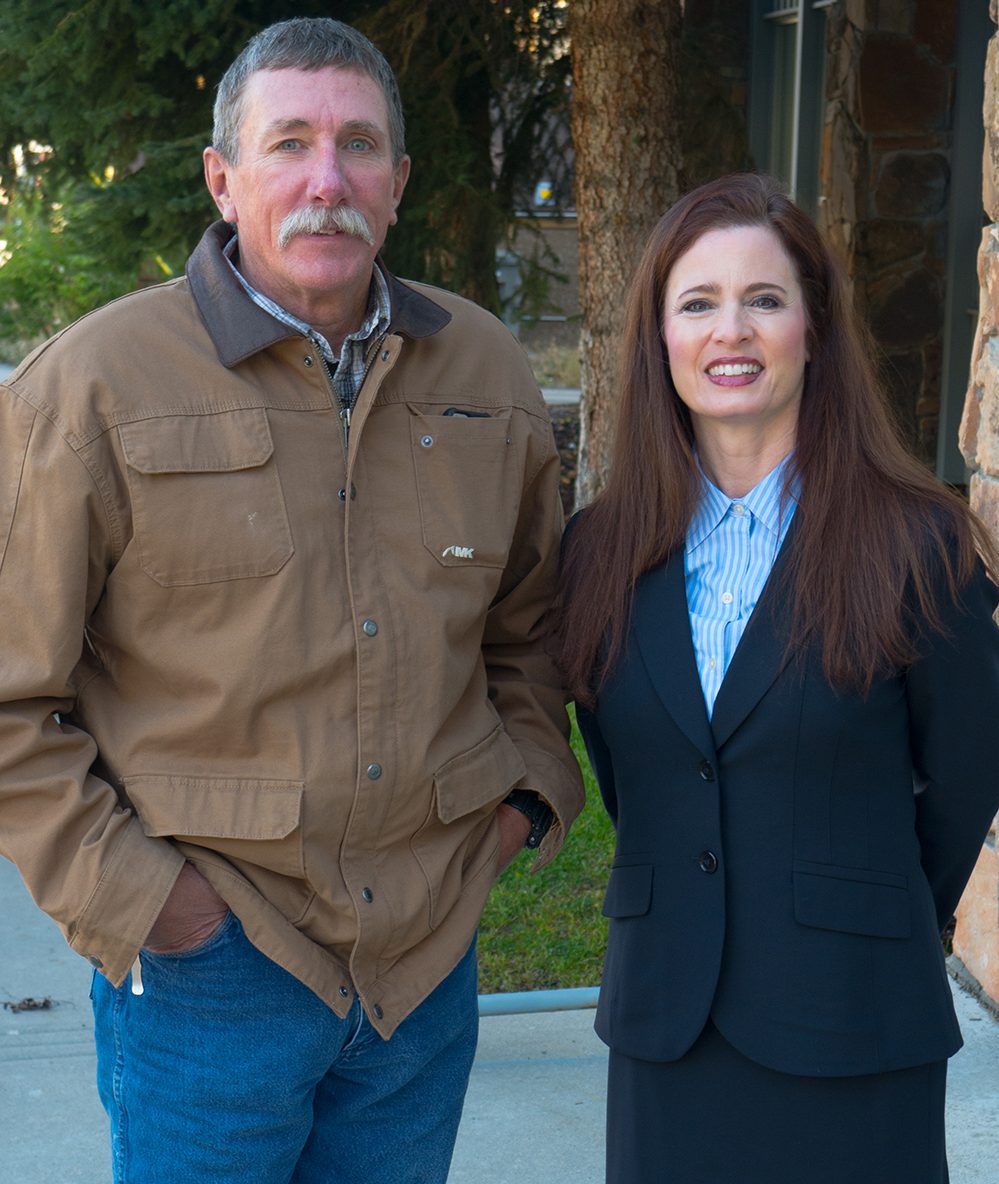Mediation and Resolving Disputes
We like mediation for many reasons. One of the most valuable things about mediation is it allows the parties to control the solution to their dispute. Unlike a trial or arbitration where a judge or third-party may impose a solution on the parties, mediation allows the parties to craft their own solution.
Mediation is a guided negotiation by a neutral third party who assists the parties in voluntarily reaching a mutually acceptable settlement. We are excellent mediators because we are trained, experienced, and impartial. We recognize the value in facilitating communication between the parties. When we mediate, we promote understanding, reconciliation, and settlement.
There are many cases in which mediation can be a tremendous benefit to the parties. Mediation works best when there are some issues that the parties agree on, and the parties are open to help from an impartial negotiator. Sometimes parties benefit from mediation and settlement because they are able to avoid or bring to a close an expensive and time-consuming court process.
Mediation is often quicker than judicial resolution or arbitration. In addition, mediation can address broader problems. The remedies available in court are limited. By jointly crafting a solution, parties can go beyond the remedies available in court. As a result, mediation allows for more creative solutions.
Confidentiality is an important part of mediation. What we discuss in mediation remains private and confidential. The protected and confidential nature of mediation creates a safe space for parties to come to a solution.
Mediation can be particularly helpful in situations where there is an ongoing relationship. Mediations allow the participants to finally be heard. Mediation gives parties who come with a willingness to resolve their dispute, a chance to address and overcome power differences that may have existed in the past.
How does mediation work?

Typically the parties come together for a mediation conference. Pursuant to the rules applicable to alternative dispute resolution, we require the parties to have the appropriate person(s) with authority to settle the matter present at the mediation. For more complicated cases, we set aside the better part of a day for the mediation.
We ask the parties to submit a confidential mediation statement prior to the meeting. This statement will contain items such as a brief description of the case from your perspective; what you consider to be the strengths and weaknesses of your case; a description of the anticipated testimony from your witnesses, and your analysis of damages. We also ask the parties to describe for us their evaluation of the settlement prospects and value of the case.
In the joint meeting, the mediator will outline the ground rules and the process for the session. The separate parties will each be allowed to present their perspectives. Then we begin the process of facilitating communication between the parties and resolving the case.
If you have a difficult case and think it would benefit from the help of a mediator, please contact us for a copy of our mediation agreement and to schedule an initial conference. We are trained, experienced, and excellent at listening, understanding the substantive factual and legal issues, and crafting creative, positive and productive solutions. Call us today for help resolving your case.
